I love this quote from Frost Magazine about the Surplus Girls series:
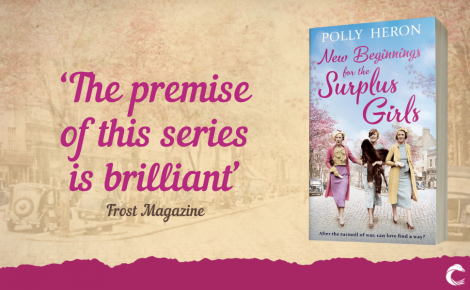 h
h
It's a quote I'm very proud of, so let's talk about the series premise.
The Surplus Girls series explores the predicament faced by many young women in the aftermath of the Great War. They had grown up expected by society to marry and become housewives and mothers. Then came the war – and a generation of young men perished. Many women lost their sweethearts or fiancés while others, without knowing it, lost the men they would have married had they ever had the chance to meet. This meant that many girls now faced a future in which they would have to provide for themselves, while being regarded as ‘on the shelf’ or ‘old maids’.
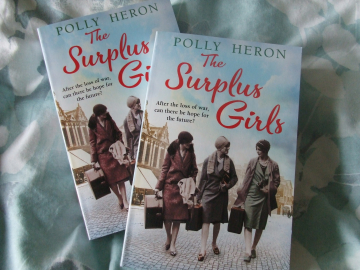
h
The world of work offered women far fewer opportunities than came the way of men. The wide variety of jobs that women had done very capably during the war when the men were away fighting seemed to be conventiently forgotten once the war ended. Moreover, a woman doing the same job as a man would typically earn one third less. This was considered normal – natural, even. The better salaries were given to the breadwinners, which meant the men, even at a time when there were many war widows supporting their families.
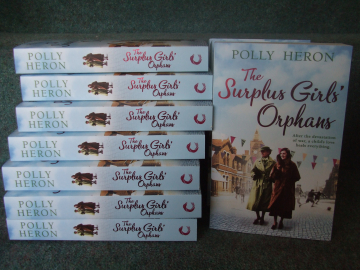
h
It was legal to refuse to employ a woman simply because she was a woman and it was considered patriotic to employ a former soldier even if a female candidate would have been more suited to the job. During an interview, an unmarried woman could expect to be grilled about her marriage prospects, because should she marry, the expectation would be that she would leave in order to be a housewife. In plenty of jobs, marriage automatically meant dismissal. In the nursing and teaching professions, which have always been female-dominated, it was required that women should leave work when they got married.
| In The Surplus Girls series, I have explored various jobs that would have been open to girls and women in the early 1920s. Each book has a different heroine whom the story centres around, but one of the things that links the books together is that each heroine attends a business school to learn secretarial skills. | 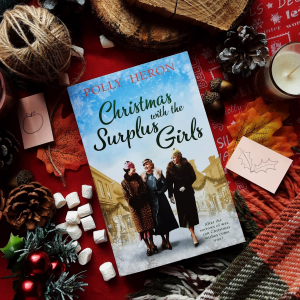 |
I loved delving into the social history of the time and seeking out suitable roles for my characters – ‘suitable’ meaning appropriate to the time, not necessarily the right job for the character personally – as Nancy finds out to her cost in Christmas with the Surplus Girls. In the recently published fourth book, New Beginnings for the Surplus Girls, Jess makes a particularly interesting heroine, as she sees herself as a career woman, not an unfortunate surplus girl. She dreams of creating a successful working life for herself but has to cope with all the disadvantages that women faced at the time.
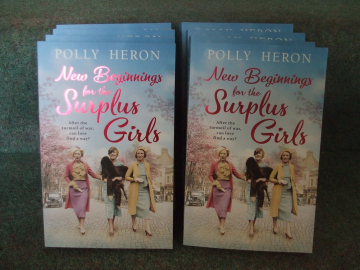
* * * *
The Surplus Books books on Amazon


Make A Comment
Comments (3)